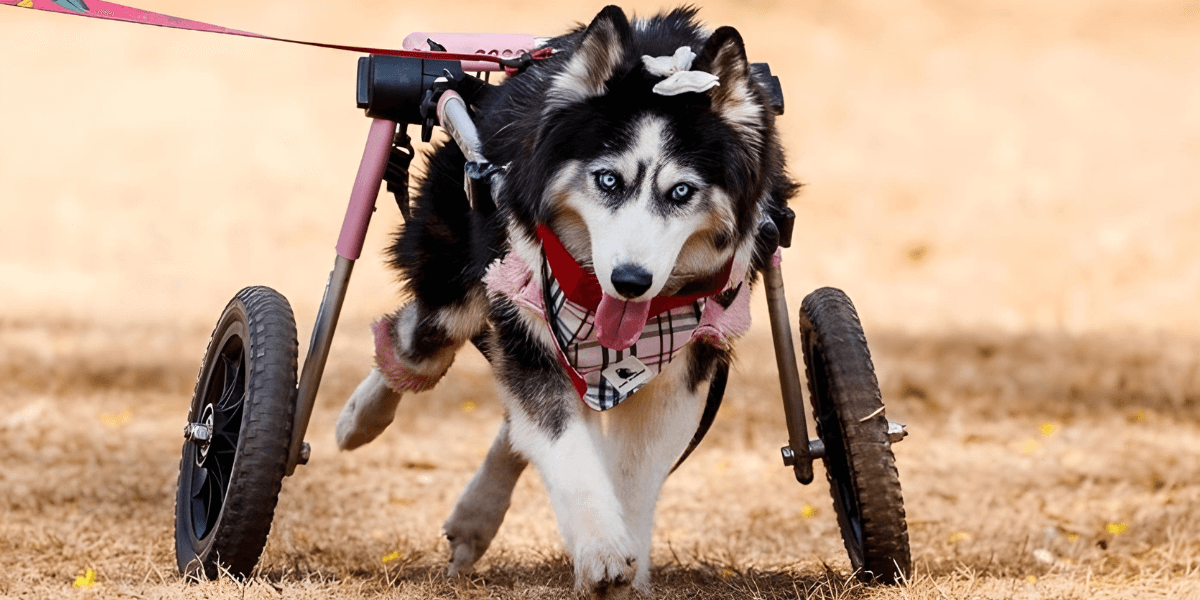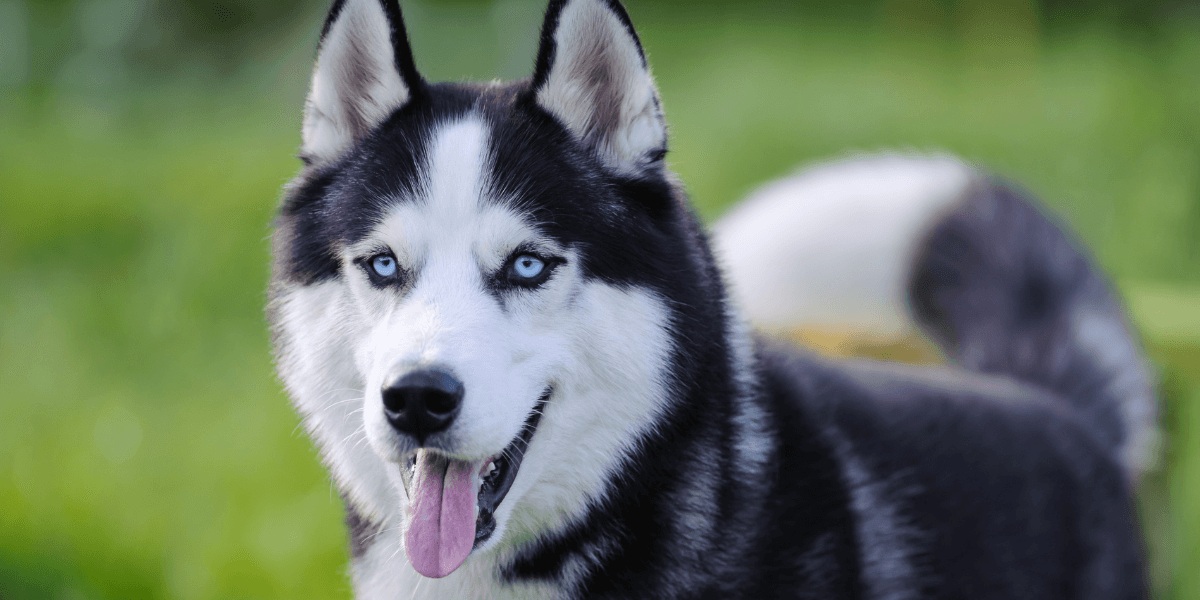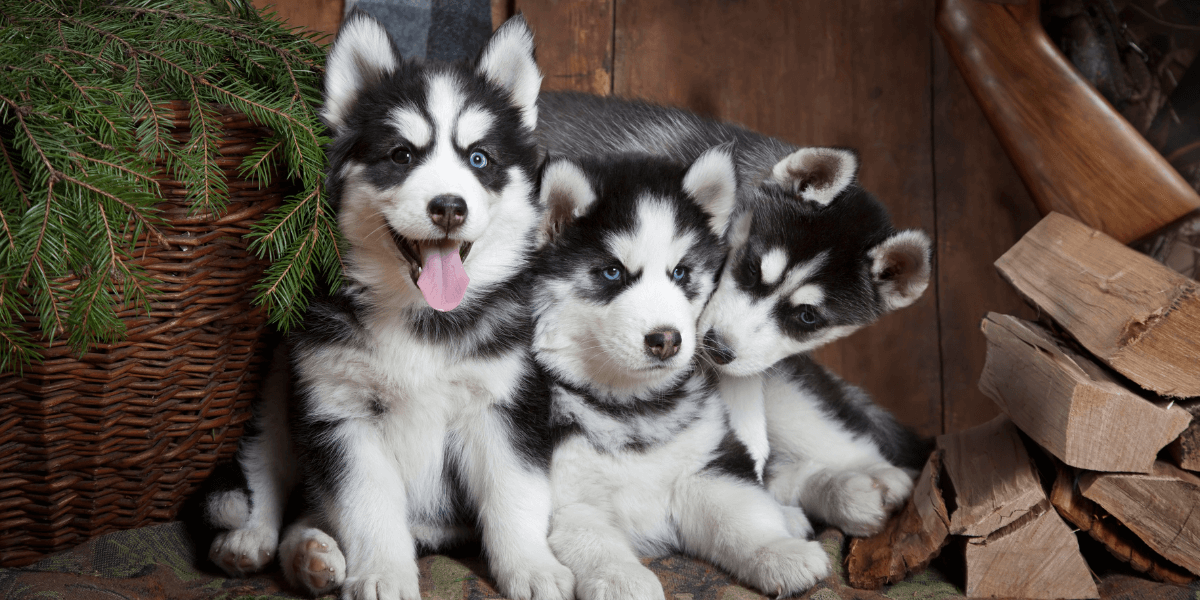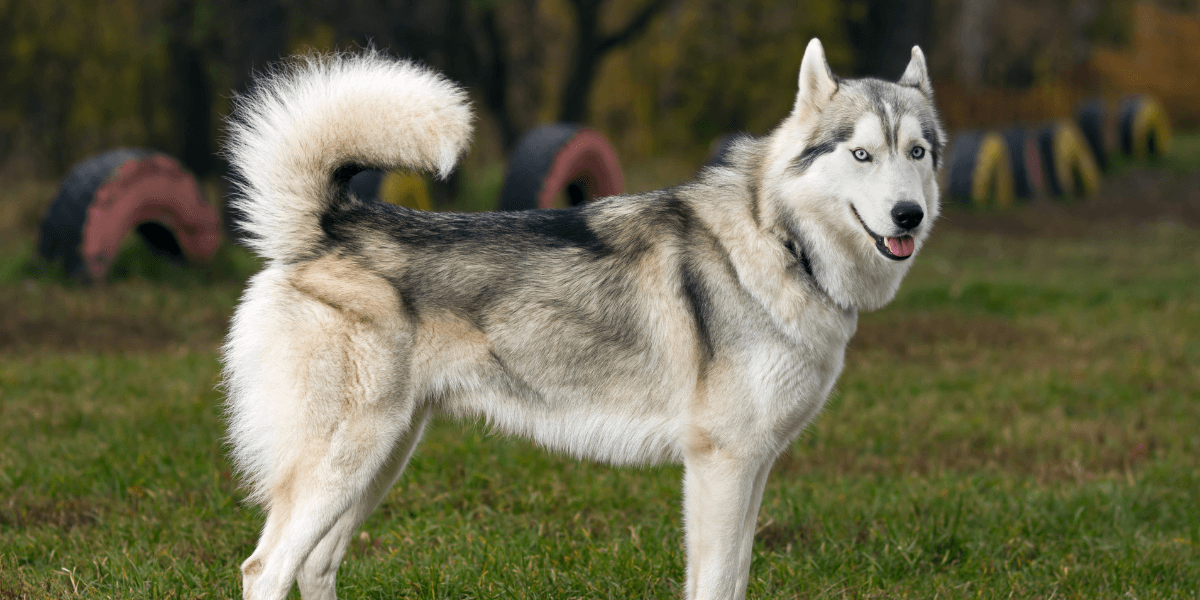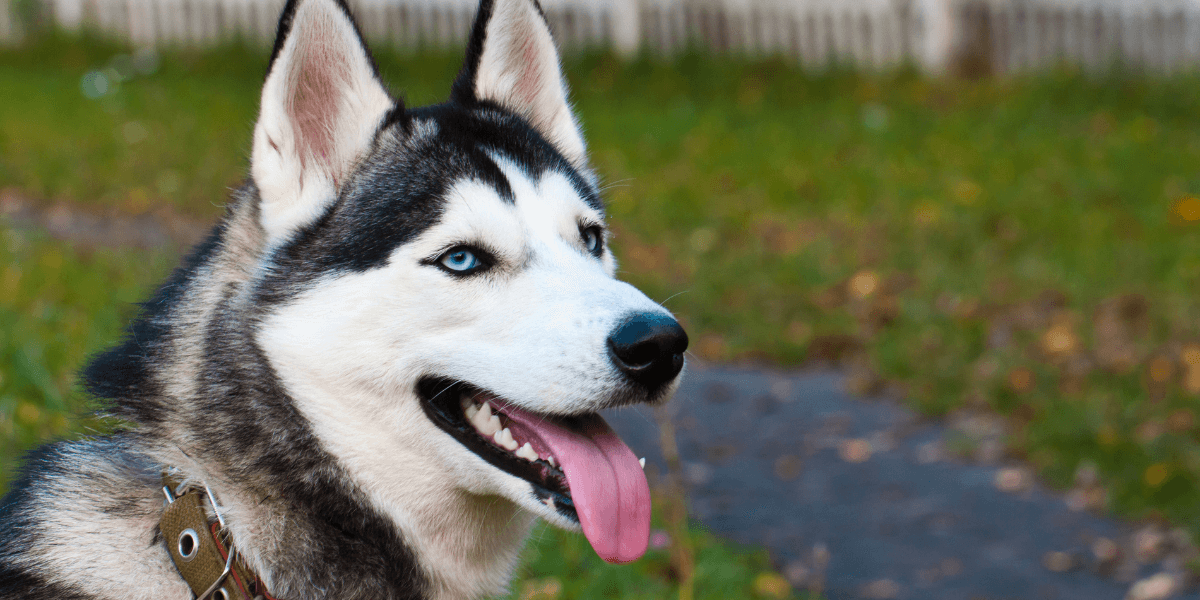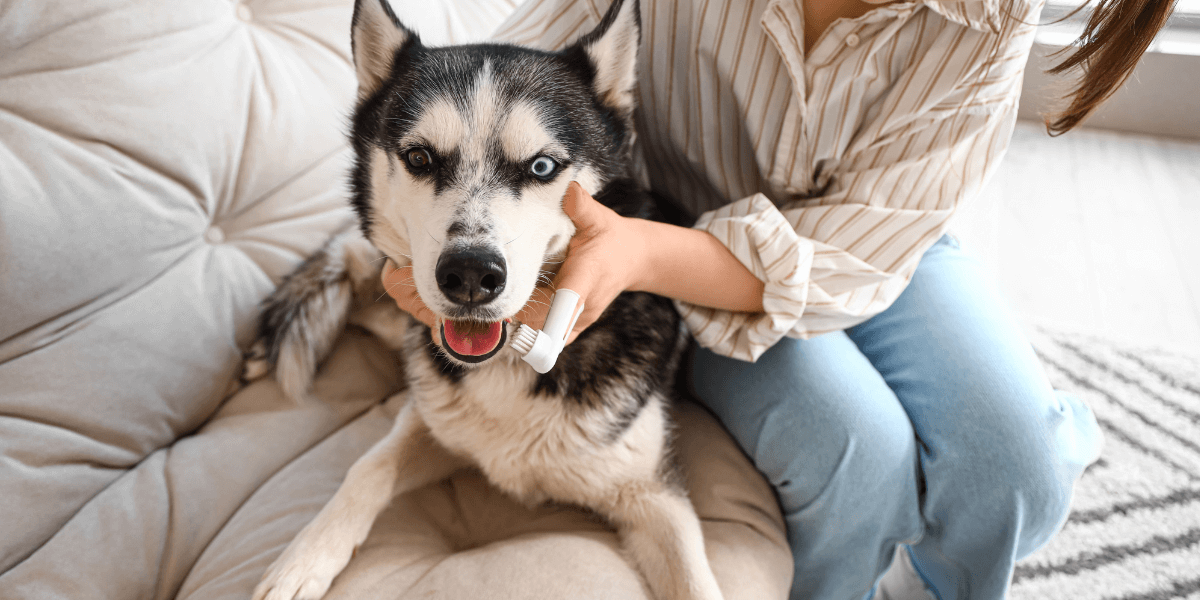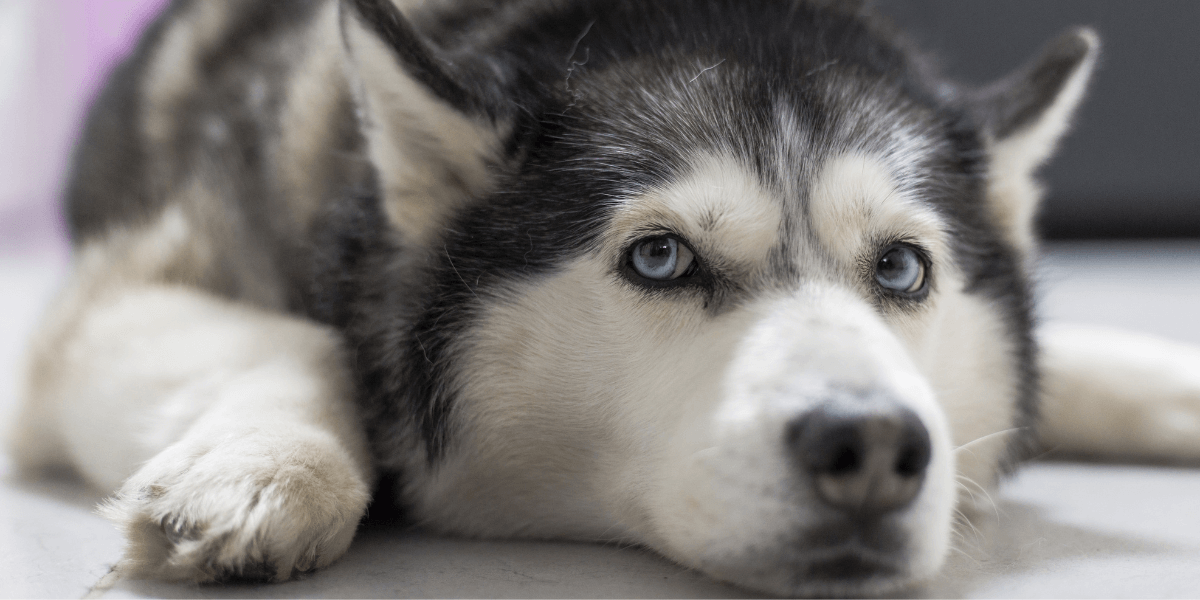Introduction
Siberian Husky is a strong and resilient breed, but they have specific health concerns.
- Like all breeds, they are prone to certain health issues that need attention
- Early detection and prevention are key to managing these health concerns
- Proper care and regular vet check-ups can help maintain their health
- This guide highlights the top 10 health concerns and how to address them
- Many common ailments can be prevented with proper care and attention
1. Hip Dysplasia
- Definition: Hip dysplasia is a genetic condition where the hip joint doesn’t fit properly
- Symptoms: Look for signs of lameness, stiffness, or difficulty in movement
- Diagnosis: Your vet will use X-rays to diagnose hip dysplasia
- Prevention: Maintain a healthy weight and avoid excessive exercise during growth
- Treatment: Treatment may include medication, physical therapy, or surgery
- Genetic issue: Huskies are prone to hip dysplasia from birth
2. Eye Issues
- Cataracts: Cataracts cause cloudiness in the eye, affecting vision and requiring surgery
- Progressive Retinal Atrophy (PRA): PRA leads to gradual vision loss and blindness
- Corneal Dystrophy: This condition causes opacity in the cornea and may need surgery
- Regular Checks: Regular eye exams help detect problems early
- Care: Consult a vet if you notice any changes in your dog’s vision
- Symptoms: Cloudy or bluish-grey eyes, clumsiness, and trouble seeing in low light
3. Hypothyroidism
- Definition: A condition where the thyroid gland produces insufficient hormones
- Symptoms: Common signs include weight gain, lethargy, and hair loss
- Diagnosis: Blood tests are used to diagnose thyroid issues
- Treatment: Treatment involves lifelong medication to regulate thyroid hormone levels
- Monitoring: Regular blood tests are necessary to monitor thyroid levels
- Thyroid issue: Huskies often suffer from low thyroid levels
4. Epilepsy
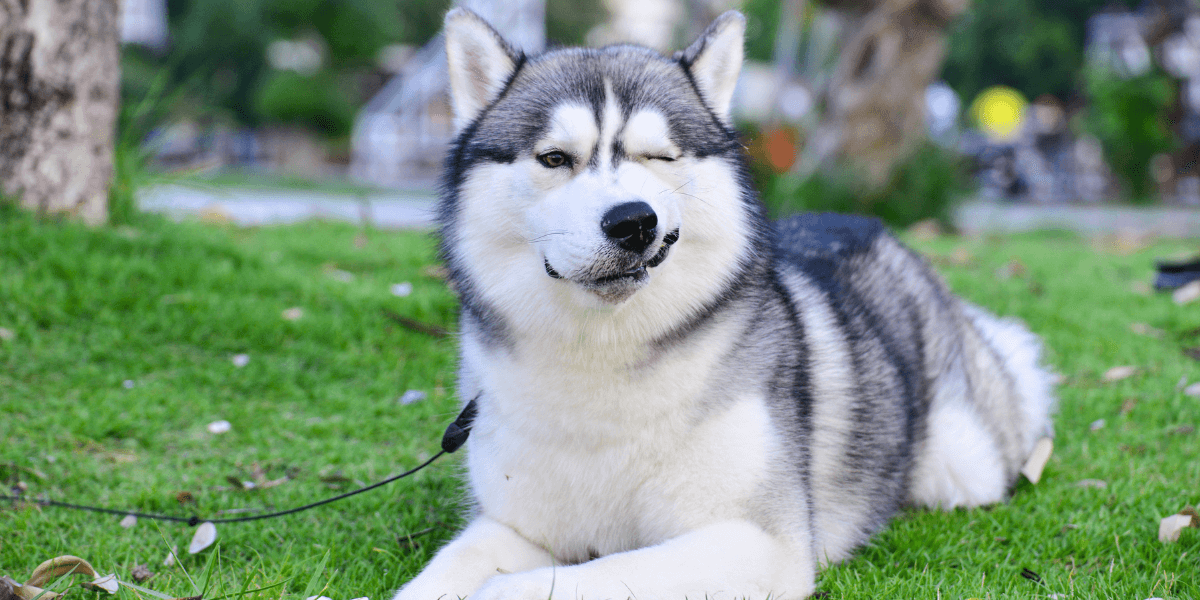
- Definition: Epilepsy causes recurrent seizures and can be inherited
- Neurological issue: Huskies may develop idiopathic epilepsy
- Symptoms: Seizures may involve convulsions, twitching, or loss of consciousness
- Diagnosis: Diagnosis is based on medical history, neurological exams, and tests
- Management: Anti-seizure medications are used to control episodes
- Care: Keep a seizure diary to help the vet adjust treatment as needed
Learn how to manage your Siberian Husky's epilepsy and explore insights on preventing hip dysplasia in Great Danes.
5. Allergies
Siberian Huskies are prone to allergies, so understanding triggers and prevention is key to keeping them comfortable.
- Food Allergies: Allergies to certain foods can cause itching, vomiting, or diarrhea
- Description: Food allergies cause reactions to ingredients like beef, chicken, or dairy
- Environmental Allergies: Allergies to pollen, dust, or molds may cause skin issues
- Diagnosis: Allergy testing can identify specific triggers
- Management: Avoid known allergens and use prescribed medications or supplements
- Prevention: Regularly clean your dog’s environment to reduce allergens
6. Gastric Dilatation-Volvulus (GDV)
- Definition: GDV, or bloat, is a serious condition where the stomach twists and fills with gas
- Symptoms: Look for signs of a swollen abdomen, restlessness, or vomiting
- Diagnosis: X-rays and physical exams are used for diagnosis
- Emergency Care: GDV requires immediate veterinary treatment to prevent death
- Prevention: Feed smaller, more frequent meals and avoid vigorous exercise after eating
Understand Siberian Husky GDV and discover essential Great Dane health issues every owner should know.
7. Skin Conditions
Siberian Huskies are prone to skin conditions like allergies and infections; understanding them helps ensure their comfort.
- Hot Spots: Hot spots are infected, inflamed areas on the skin that require treatment
- Dermatitis: This condition causes itchy, inflamed skin and may result from allergies or infections
- Ringworm: Ringworm is a fungal infection causing circular skin lesions
- Diagnosis: Skin tests and samples help diagnose skin conditions
- Care: Maintain good hygiene and use vet-recommended treatments to manage skin issues
- Symptoms: Red, warm, itchy skin patches causing excessive scratching
8. Dental Issues
- Periodontal Disease: Plaque buildup can lead to gum disease and tooth loss
- Tooth Decay: Regular brushing helps prevent tooth decay and cavities
- Check-Ups: Regular dental check-ups are essential for oral health
- Cleaning: Use vet-approved dental chews and brushes to maintain oral hygiene
- Symptoms: Watch for bad breath, bleeding gums, or difficulty eating
Address your Siberian Husky's dental issues and find the best orthopedic beds for Great Danes in our comprehensive review.
9. Obesity
Siberian Husky obesity is a common issue; maintaining a healthy weight ensures your Siberian Husky stays active and happy.
- Definition: Obesity is excess body weight that can lead to various health problems
- Symptoms: Excessive weight gain, lethargy, and difficulty in movement are common signs
- Prevention: Provide a balanced diet and regular exercise to maintain a healthy weight
- Treatment: Adjust diet and increase exercise to help your Husky lose weight
- Monitoring: Regularly check your dog’s weight and consult your vet for guidance
10. Autoimmune Disorders
- Definition: Autoimmune disorders occur when the immune system attacks the body’s tissues
- Symptoms: Symptoms vary but can include skin lesions, joint pain, and fatigue
- Diagnosis: Blood tests and biopsies help diagnose autoimmune disorders
- Treatment: Treatment typically involves immunosuppressive medications
- Care: Regular vet visits are crucial to manage and monitor the condition
FAQs
-
How often should I take my Husky for a vet check-up?
- Regular check-ups every 6 to 12 months are recommended for overall health monitoring
-
What should I do if my Husky shows signs of bloat?
- Seek emergency veterinary care immediately, as bloat is a life-threatening condition
-
How can I prevent dental issues in my Husky?
- Brush your Husky’s teeth regularly and provide dental chews to prevent plaque buildup
-
Are Siberian Huskies prone to allergies?
- Yes, Huskies can have allergies to food or environmental factors
-
What is the best way to manage my Husky’s weight?
- Provide a balanced diet and regular exercise, and consult your vet
Conclusion
- Regular veterinary care and attention to health issues are crucial for Huskies
- Awareness of common health concerns can help in early detection and prevention
- Adhering to preventive measures and treatment plans ensures your Husky's well-being
- Monitor your Husky’s health and consult a vet if you notice any symptoms
- Share this commitment to ongoing care for a joyful, healthy life with your Siberian Husky!

